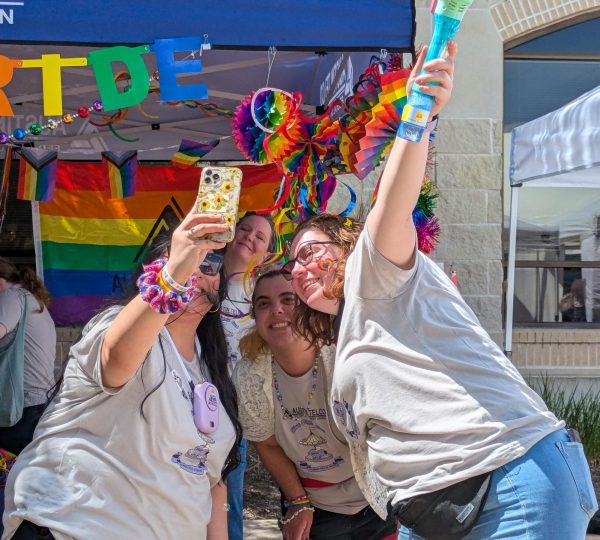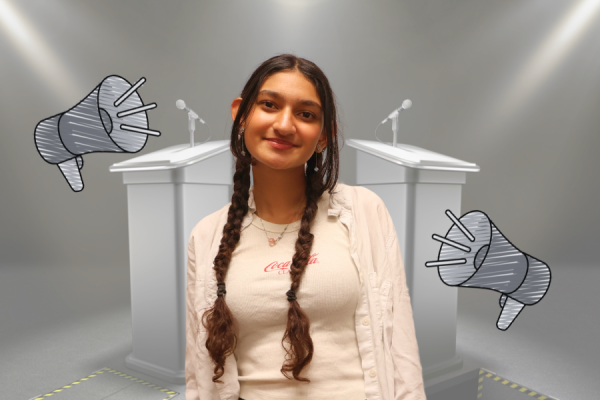How Westwood Academic Dishonesty Has Evolved Through COVID
High school students all across the country showed high levels of academic dishonesty during the first year of the pandemic. While many Westwood students participated in this, some did choose this opportunity to stick to their morals.
The COVID-19 pandemic caused large-scale lockdowns and closures of institutions integral to everyday life, including schools all over the country amidst growing health concerns. Students were asked to attend online school with classes hosted via virtual meeting services like Google Meet and Zoom. Unfortunately, this precautionary measure taken by school districts across the United States to protect students from contracting the virus on school premises also resulted in disproportionate rates of academic dishonesty. Reports of academic misconduct soared during the 2020-21 school year.
Students’ rooms at home were forced to become uncomfortable spaces, lacking social interaction and aspirations. Some students blame social isolation and additional family responsibilities as promoting their attempts to gain unfair academic advantages.
“I think there was a lot of misconduct in our academic integrity policy last year,” Chemistry Department Chair Natalie Wieland said. “I think without making connections to teachers [and] peers, some students didn’t feel as ashamed to cheat, [or] they didn’t feel their actions were dishonest. Or worse case, they didn’t think they’d get caught.”
Whether the cheating on examinations and assignments was due to unmonitored access to personal electronic devices, or because the right learning environment needed to foster knowledge was not provided, it would be inaccurate to say that cheating did not take place last year.
“[My students’] grades were not higher than previous years, because I had to adapt the activities and assessments to decrease any cheating. This year when students came back to campus, I could tell which students cheated last year and which ones did not by their performance in class,” French teacher and La Société Honoraire de Français sponsor Anne Macharia said.
In a recent survey conducted by the International Center for Academic Integrity (ICAI) with over 70,000 high school students, 95 percent of the students admitted to participating in some sort of cheating, whether it was collaborating on tests, plagiarizing assignments, or copying homework. However, despite the unprecedented amount of cheating, many Westwood students used unsupervised distance learning to stick to their morals and not cheat, no matter how lucrative it sounded.
“My morals did keep me from cheating because I truly believe that nothing can justify cheating on an assignment,” an anonymous student said. “My parents have always taught me to put my best effort into everything I do, and if I were to cheat, it really wouldn’t be my best effort. Additionally, a test is such a small part of life, so in the grand scheme of things, I doubt I’ll be obsessing over a single bad grade. I do think I would still think about a lapse of judgment though. Personally, I don’t think I could handle the guilt that would follow if I ever cheated, which is why I would rather take the grade I deserve than cheat.”
There were a variety of ways students cheated last year, including plagiarizing and looking up answers on sites like Chegg, CourseHero, and Quizlet. To prevent this almost inevitable motive for cheating, teachers often even made multiple tests to assess students to their true potential.
“I learned as I went along with trials and errors and student feedback. I added more listening activities to check on students’ understanding. We had breakout rooms every day so students could practice speaking in French and interact with their classmates. On every assessment, students also filled out a rubric for a self-evaluation to reflect on their learning,” Ms. Macharia said.
Because there was no fear of being caught, students often turned to third-party sites to complete assignments and used their notes during tests. In the pre-pandemic years, students were well aware of the consequences of cheating; if a student was caught, they wouldn’t receive credit for their work and could receive a disciplinary action referral.
While there is no statistically significant evidence present yet regarding the rates of cheating in this school year, many teachers and students attest that they haven’t witnessed as much misconduct or academic dishonesty as they had last year. There could be multiple reasons leading to this, including the scarcity of opportunities to cheat, the difficulty of being able to carry out a plan to successfully copy, and societal pressure to maintain a clean record.
“I do think cheating has decreased now that we’re in-person. I imagine it’s much harder to cheat when you’re surrounded by other students and have a teacher watching your computer screen. I think communication between students about what’s on tests has increased because we see other students more often, but googling answers has definitely decreased. Overall, I feel like the opportunities to cheat have decreased significantly,” an anonymous student said.
While the pandemic did allow more opportunities to cheat, students should understand that cheating is both morally wrong and is detrimental to their learning capabilities. Cheating can also have a toll on mental health by giving rise to a spiral of feelings of guilt and depression, with the possibility of future low self-respect and confidence. In the coming years, the rates of students cheating on assignments and examinations are nearly impossible to predict. How instances of academic dishonesty evolve at Westwood remains to be seen as the pandemic progresses.

Class of 2023
Other than spending time in our beautiful press room, you can catch me geeking out about mockumentaries/medical dramas, reading, or laughing...

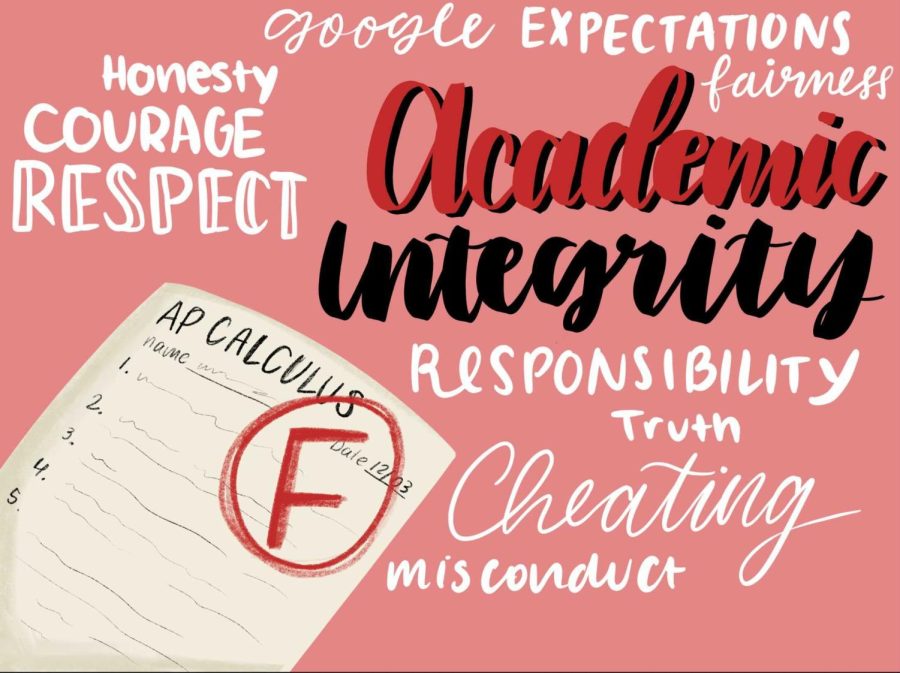

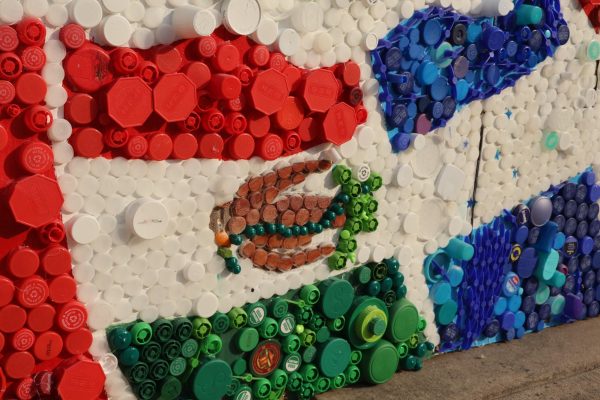

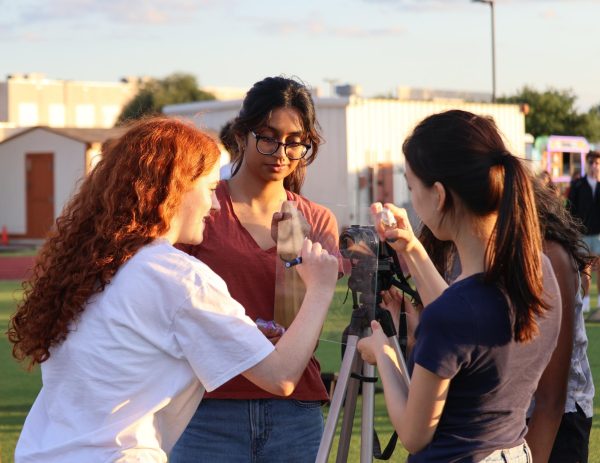
![Holding her plate, Luciana Lleverino '26 steadies her food as Sahana Sakthivelmoorthy '26 helps pour cheetos into Lleverino's plate. Lleverino was elected incoming Webmaster and Sakthivelmoorthy rose to the President position. "[Bailey and Sahiti] do so much work that we don’t even know behind the scenes," Sakthivelmoorthy said. "There’s just so much work that goes into being president that I didn’t know about, so I got to learn those hacks and tricks."](https://westwoodhorizon.com/wp-content/uploads/2025/05/IMG_0063-600x525.jpg)


